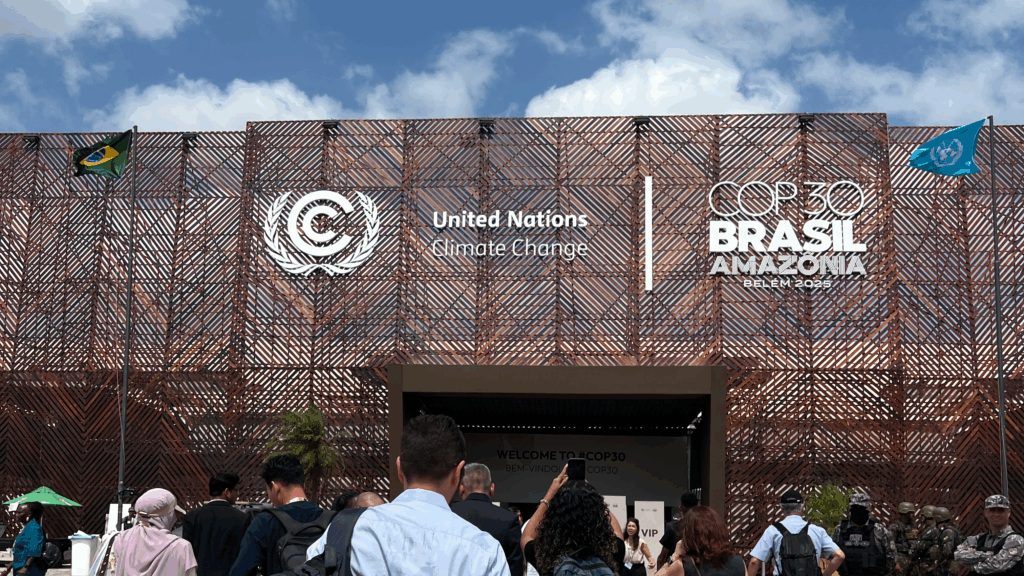
Safeguarding Endorois people’s knowledge and ecosystems via an inclusive and autonomous governance protocol
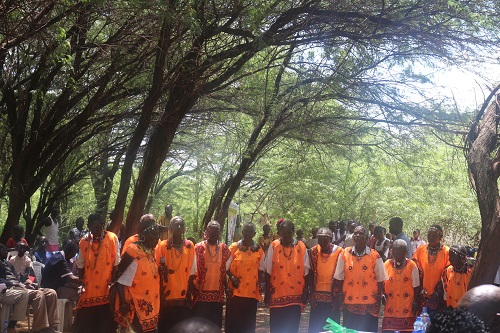
Description of the project:
This project supports the discriminated Endorois people around Lake Bogoria to articulate their own priorities and procedures for the conservation of their natural resources by developing a Biocultural Community Protocol (BCP). It documents the ancestral knowledge of Endorois women and men on their ecosystems and provides proactive responses to climate impacts, among other threats. It guides the community on collective engagement with external stakeholders on access, use and management of their endogenous resources, based on the legal framework of the Nagoya Protocol. The elected Endorois Welfare Council, representing all 17 target communities (up to 60 000 people), and respecting gender balance, contributes to the protection of genetic and biological resources, including the neighboring ecosystems due to the transboundary nature of ecological effects.
Climate impact:
The BCP ensures the use of Indigenous knowledge to launch initiatives to adapt to climate impacts – droughts, loss of biodiversity, invasive species – and unlock multiple socio-economic benefits. The community has documented their traditional beliefs and indigenous knowledge and thus, the BCP is an intergenerational negotiation tool to address collaboration with external actors and provide solutions that safeguard and complement traditional knowledge for climate resilience and other key environmental issues.
Gender impact:
The BCP adopts an inclusive strategy where women were included in leading positions in the governance structures and have become active agents in environmental conservation. Women actively participated in the negotiations and articulation of their rights, culture and traditions for natural resource management. The BCP clearly maps out women’s age-set, with separate representation of female youth and elderly, and recognizes their roles and rights with regards to conservation. Capacity-building also enhanced their understanding of policy, legal and institutional frameworks.
Scalability:
The BCP strengthens the community’s capacity to use traditional knowledge to achieve sustainable natural resource management, and it aims to influence other Indigenous communities in similar circumstances, having positive impacts on neighboring territories. Such methodology can be replicated in many endangered ecosystems. The Endorois people are able to protect their rights and knowledge via collective engagement with external stakeholders. As a result, with a more cohesive society, they can avert possible conflict situations among members of the community arising from declining natural resources.
read the latest from our network
We work across regions and movements in deep solidarity. Together, we’re building collective advocacy to global problems.


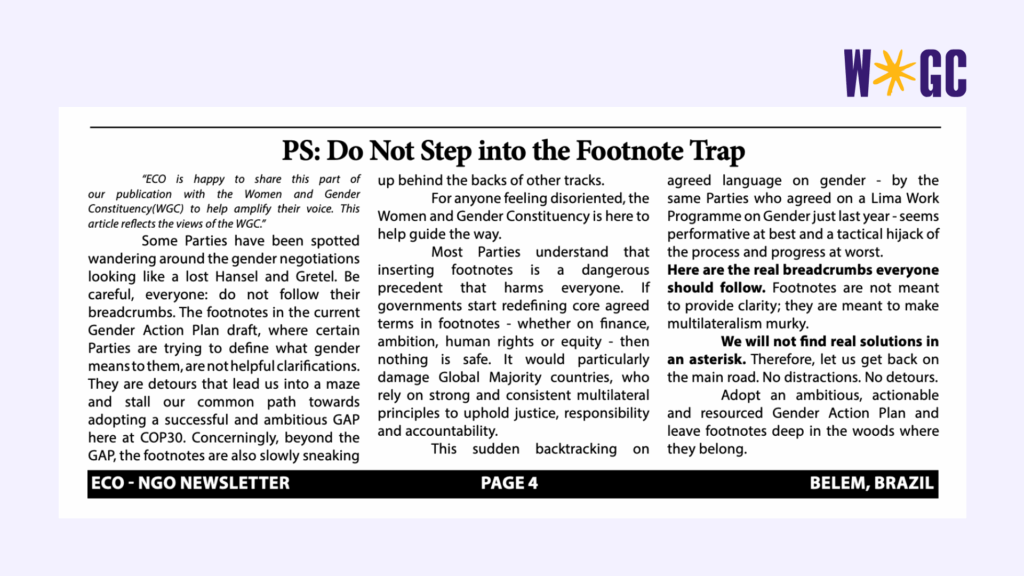
PS: Do Not Step into the Footnote Trap
19/11/2025
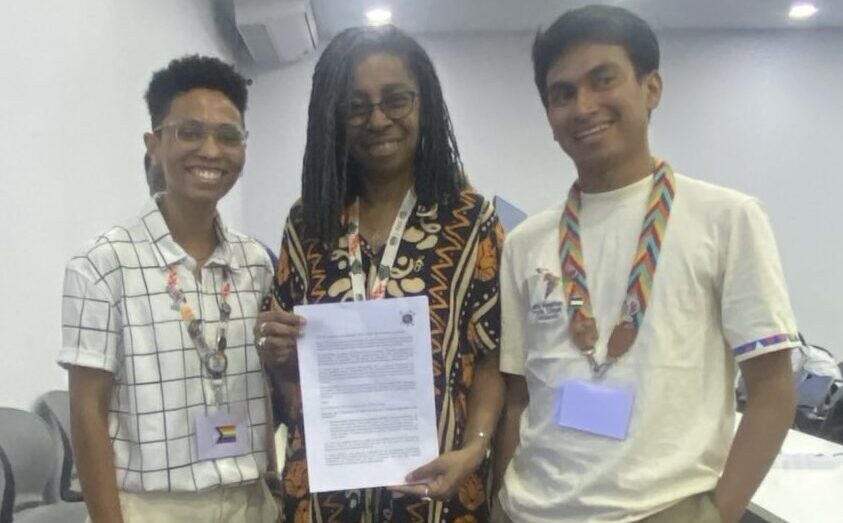
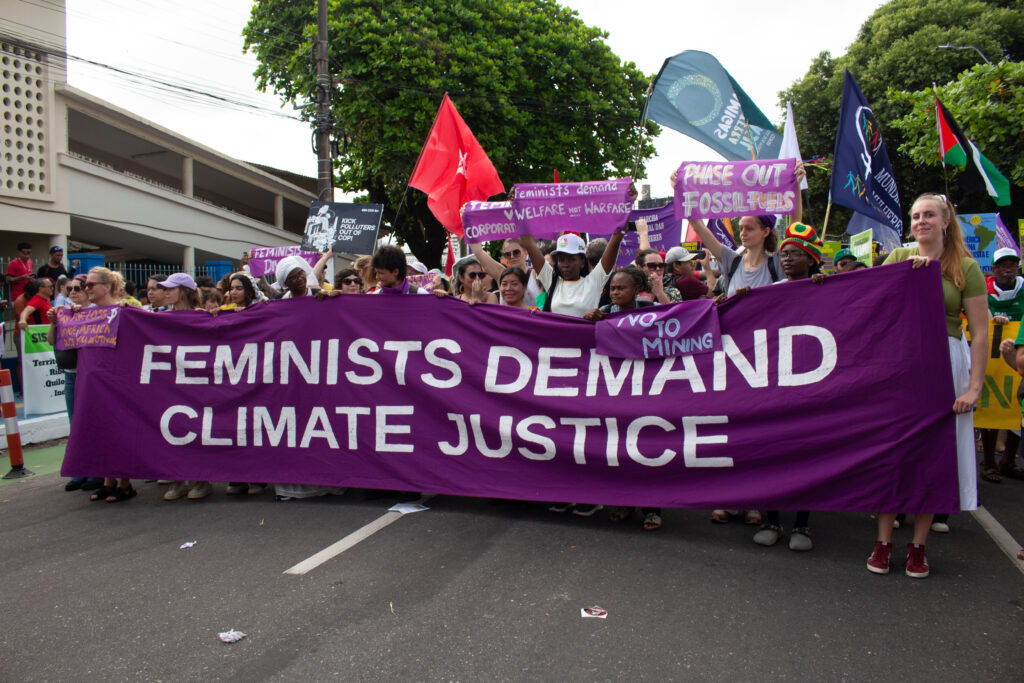
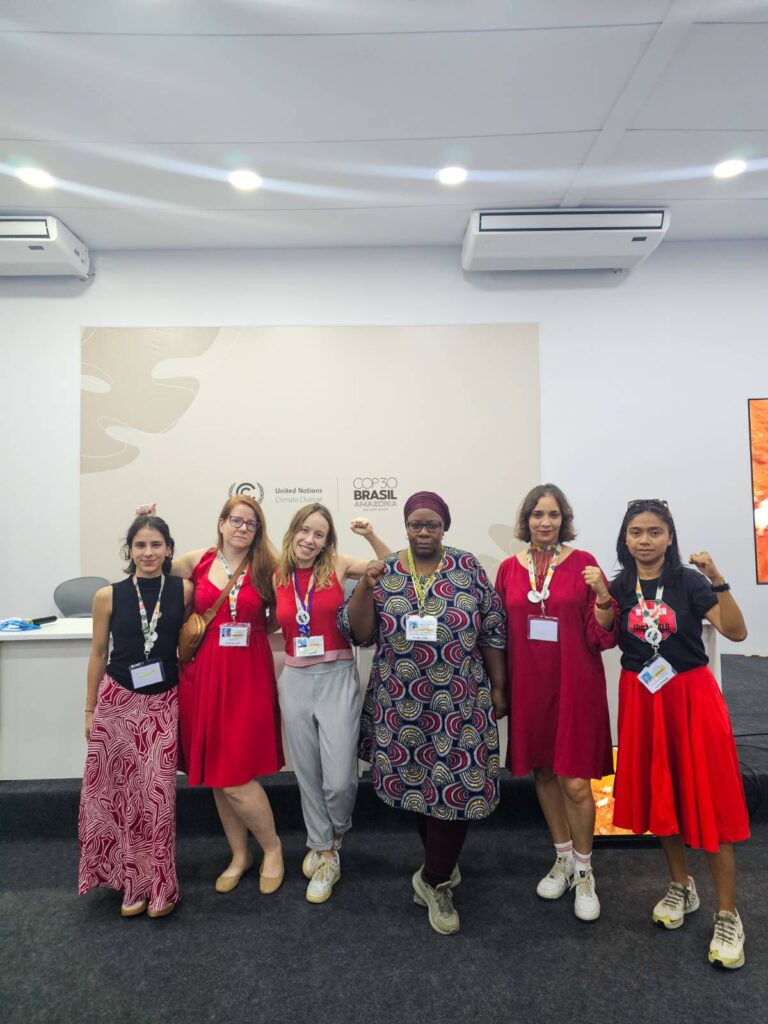
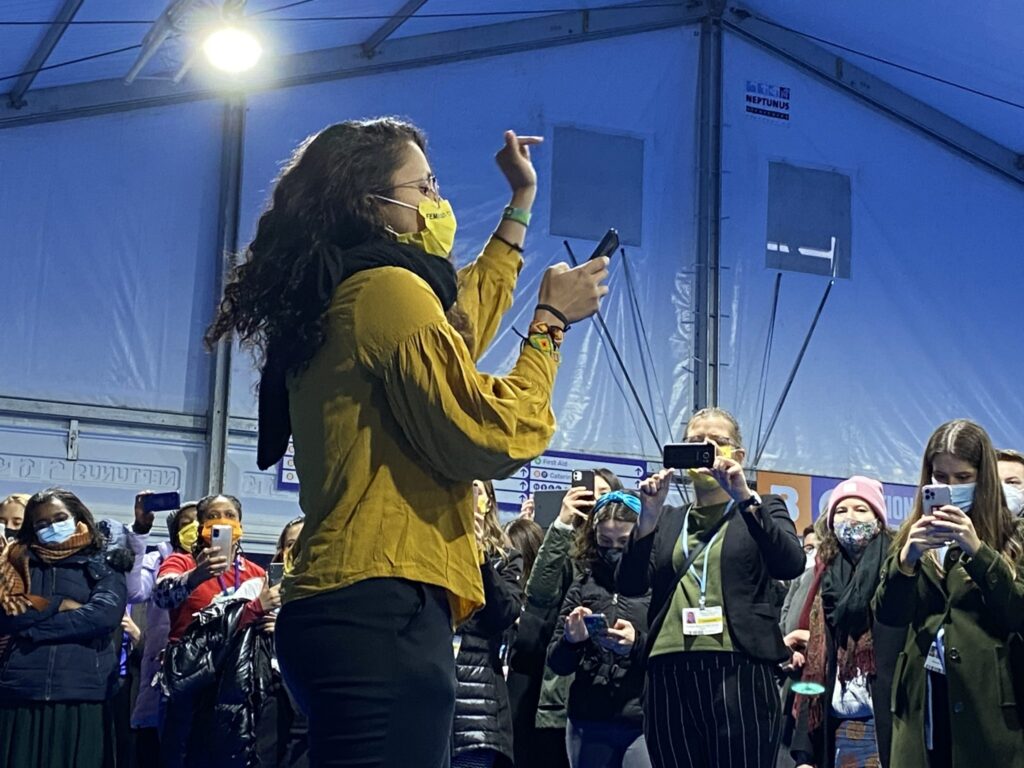
Gender Just Climate Action requires truth
12/11/2025

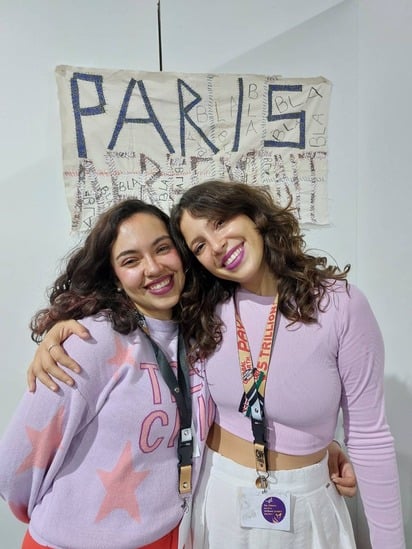
Nov 11 Action Alert: Gender Justice Day
10/11/2025

